Mythology
-
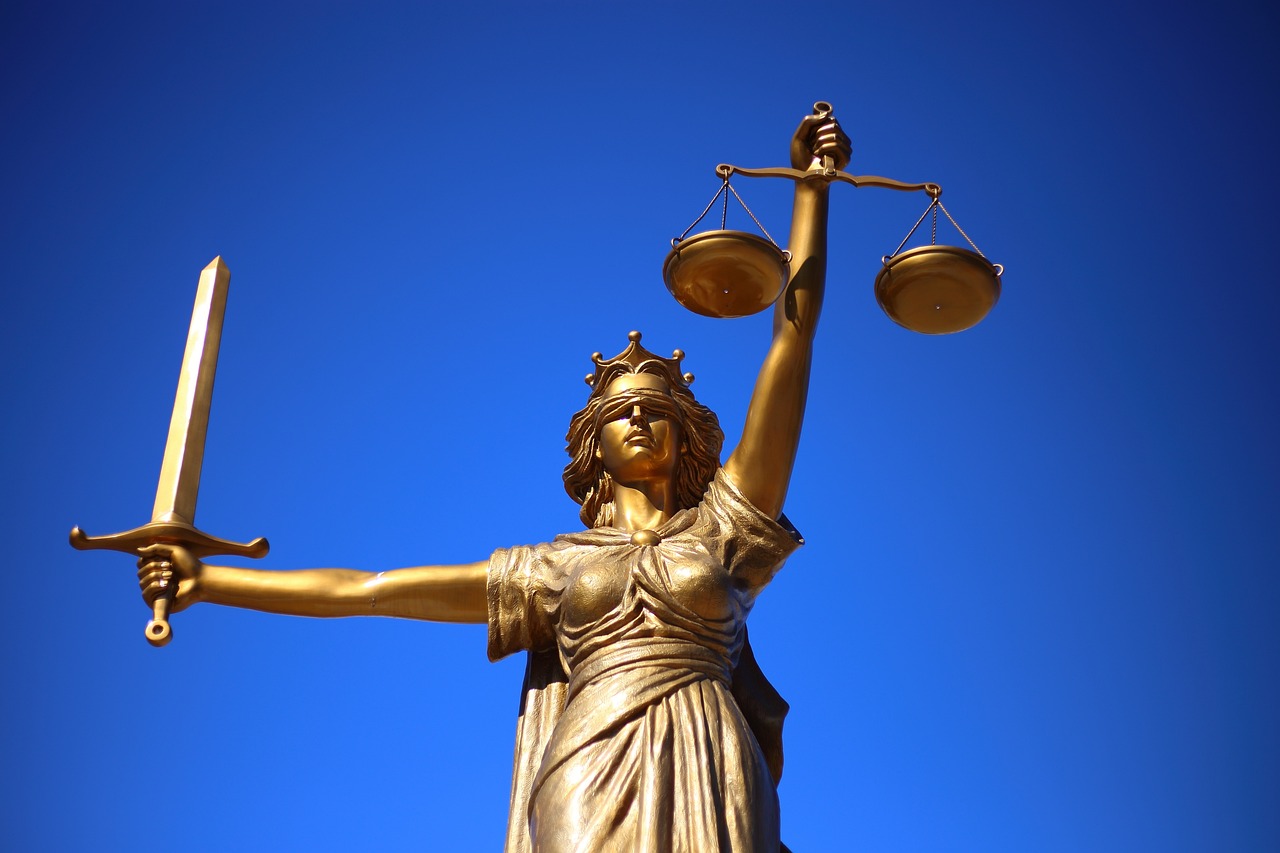
Artemis, the Olympian goddess, represented hunting, the wilderness, and wild creatures in ancient Greek mythology. She is also celebrated as a protector of childbirth and girls until marriage age, paralleling her twin brother Apollo, who serves as the guardian of boys. While both deities could bring sudden death and disease—Artemis targeting women and girls, and…
-
Clíodhna, often recognized as the legendary Queen of the Banshees, is intricately linked with the southern regions of Ireland, especially Cork. Regarded as a deity of love and beauty, she is often depicted alongside three enchanting birds whose melodious tunes possess the power to heal ailments. Those fortunate enough to hear them would be lulled…
-

Overview of Aengus: The Irish God of Poetry and Love Aengus, often referred to as the Young One, stands as the Irish deity associated with poetry and love. Renowned for his creativity and cleverness, he was a product of his father’s charisma, the Dagda. Aengus played an essential role as a bard among the Tuatha…
-
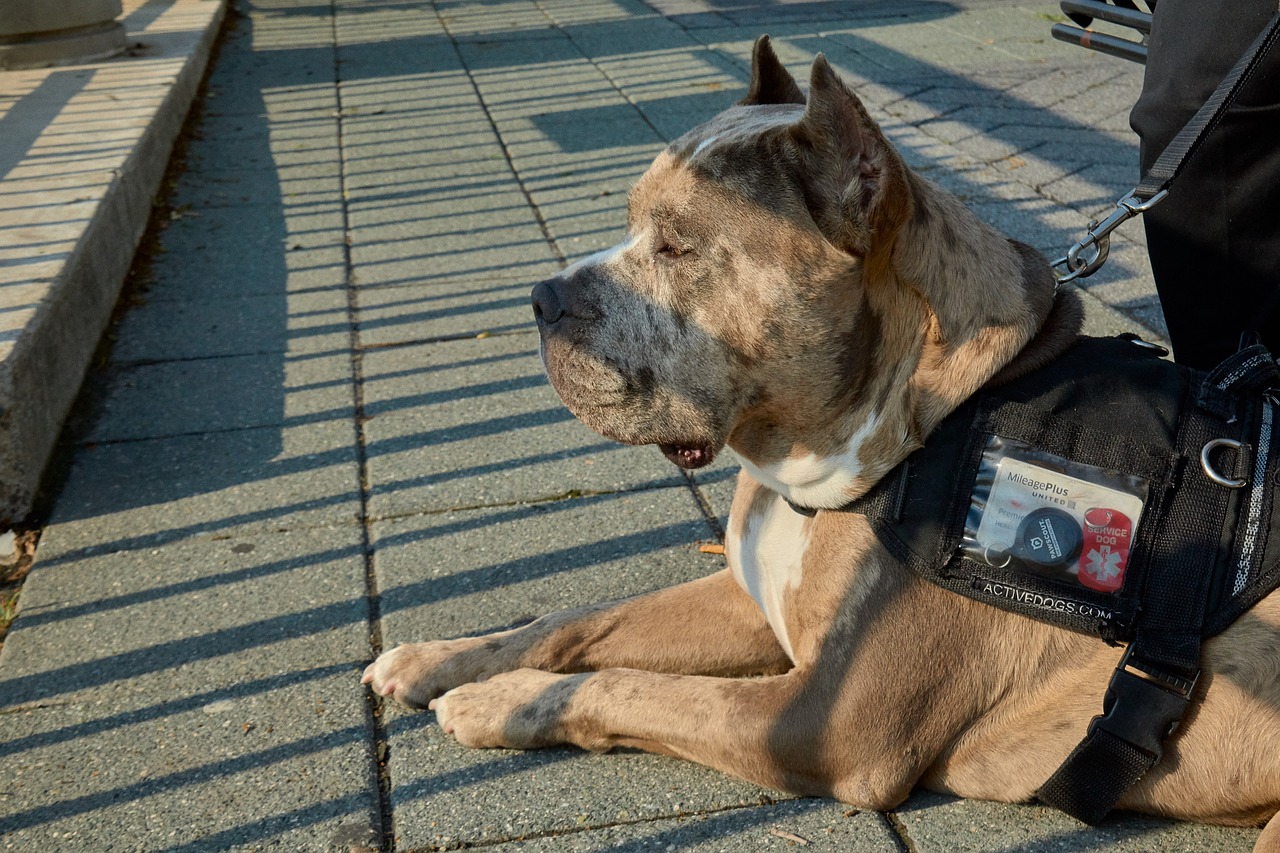
Ares: The Olympian God of War Ares, recognized as the powerful Olympian deity presiding over war, embodies the notions of battle fervor, bravery, and societal order. In ancient Greek art, representations of Ares typically highlight him as either a seasoned, bearded warrior equipped for combat or a youthful figure without a beard, adorned only with…
-
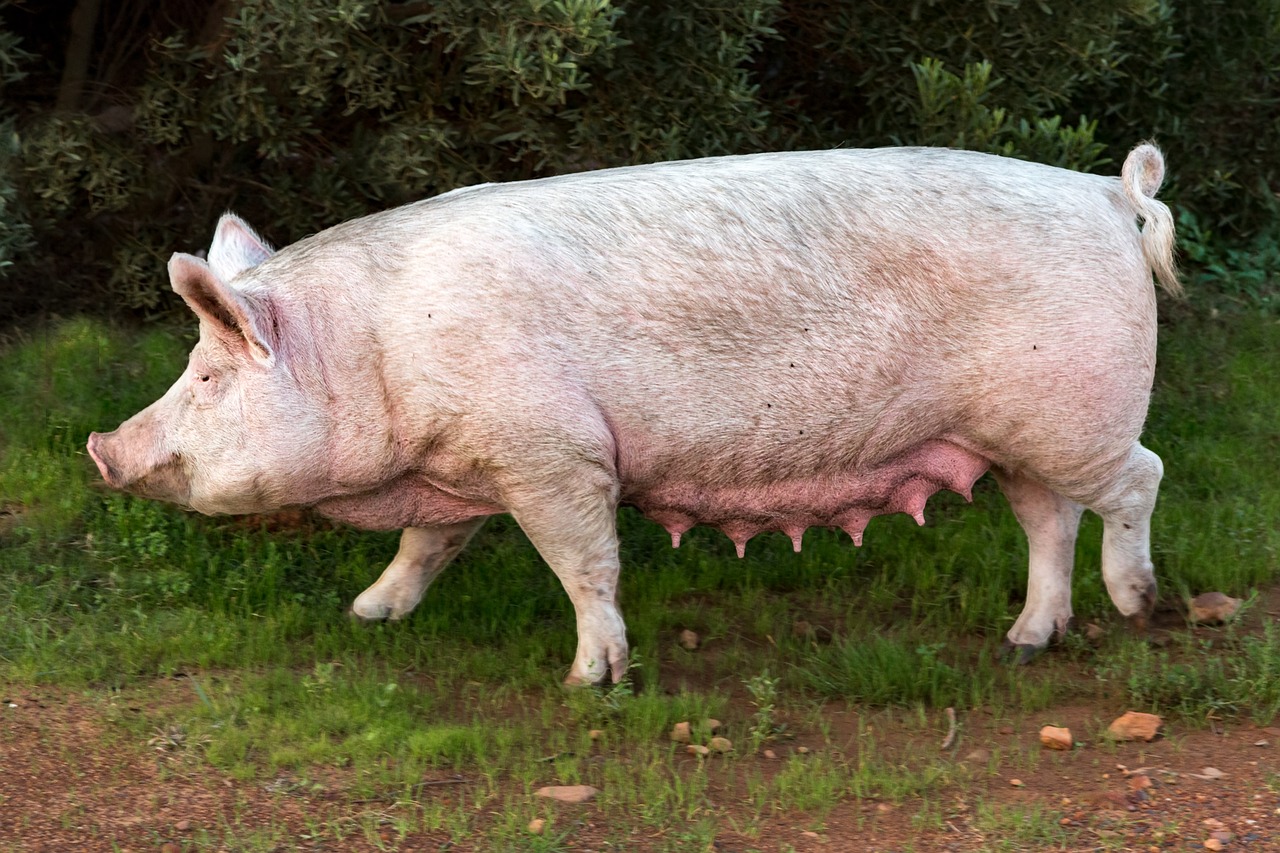
Zhu Ba Jie: The Endearing Pig Demon of Legend Name Meaning and Origin Zhu Ba Jie is a character featuring a name steeped in meaning. “Zhu” translates to “pig,” while “Ba” represents the number eight, and “Jie” refers to prohibitions. This name was conferred upon him by Tang San Zang once he became his second…
-
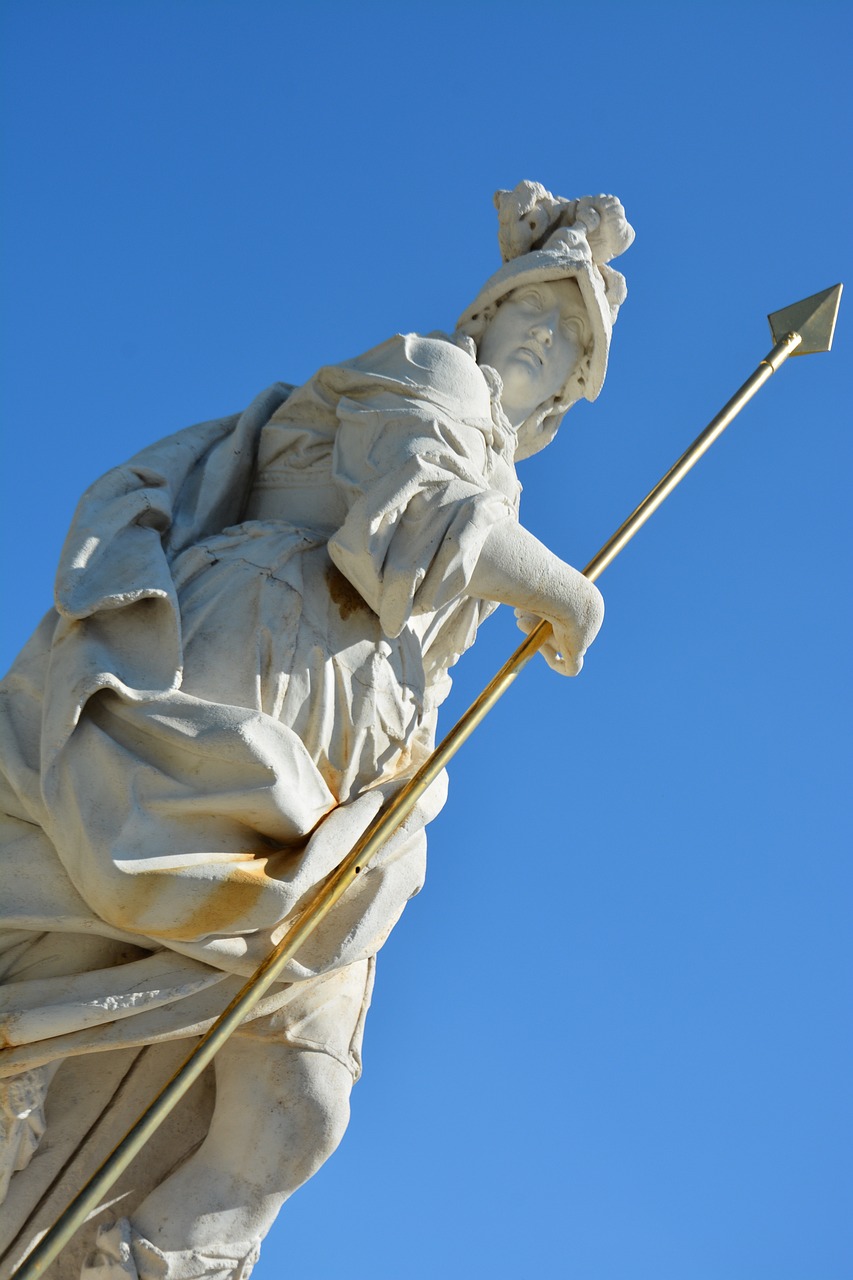
Greek mythology encompasses a rich tapestry of narratives revolving around deities, heroic figures, and ancient rituals practiced by the Greeks during Classical antiquity. Despite some acknowledgment among more analytical thinkers like Plato regarding the fictional nature embedded in these myths, they were widely accepted as truth by the general populace of the time. The enduring…
-
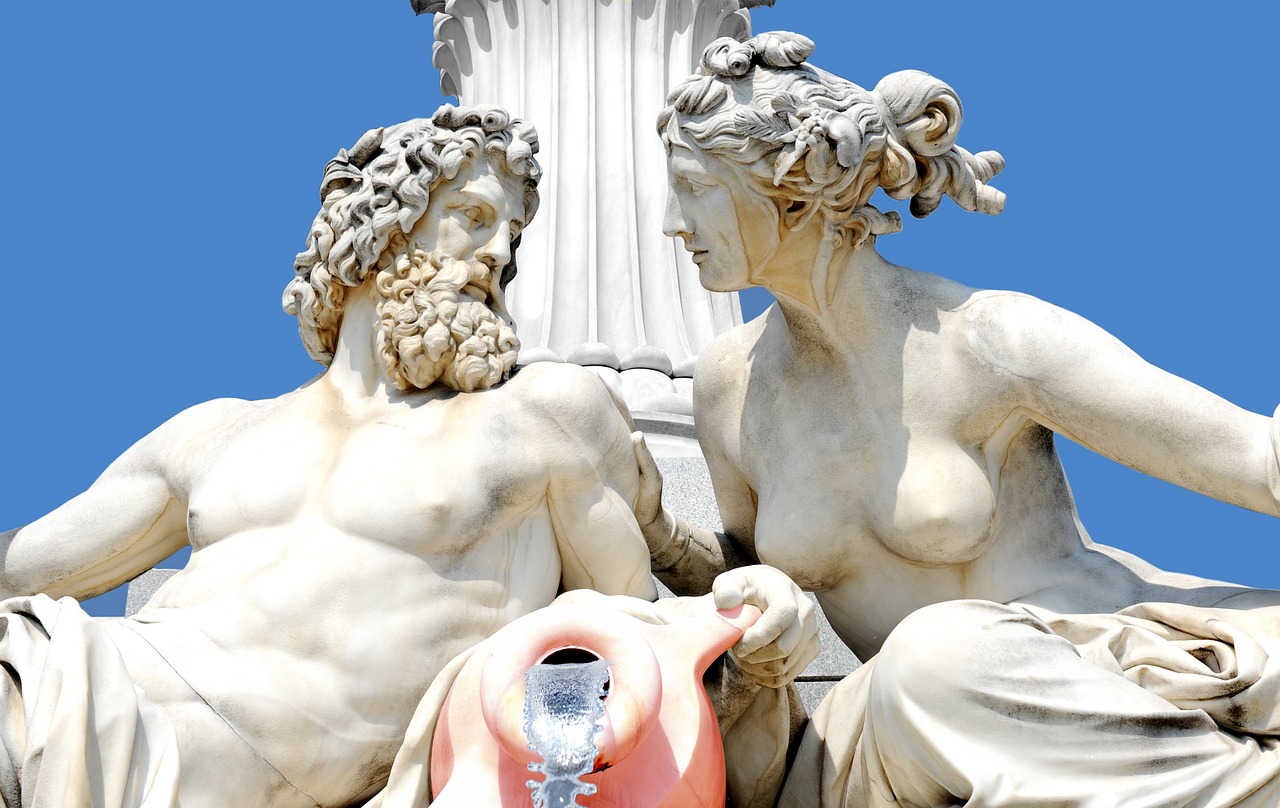
Greek mythology encompasses a rich tapestry of tales about deities, heroes, and the customs of ancient Greece, spanning back to classical antiquity. The inherent fictional qualities of these myths were recognized by critical thinkers such as Plato, who lived during the 5th to 4th centuries BCE. Despite this, the myths were traditionally embraced as factual…
-

Hapi, also known as Hep, Hap, or Hapy, was a revered deity associated with water and fertility in Ancient Egypt. His name is believed to have originally referred to the Nile in predynastic times. By the Dynastic era, the Nile was commonly known as “iterw” or “the river,” a term that later came to be…
-

Aengus, one of the renowned and enigmatic figures of the Tuatha Dé Danann, represents a legendary lineage that once graced Ireland, enriching its culture. This ancient race was eventually revered as deities, yet their interpretation of divinity in early pagan Ireland differed significantly from contemporary views. The name Aengus can be interpreted as “the chosen…
-
Anhur, also known as Onuris in Greek, is an ancient Egyptian deity associated with warfare and hunting. Hailing from This, located in the Thinite region close to Abydos, he was a protector and defender of his father, Ra, the sun god, earning him the moniker “slayer of enemies.” Anhur played a crucial role in safeguarding…


